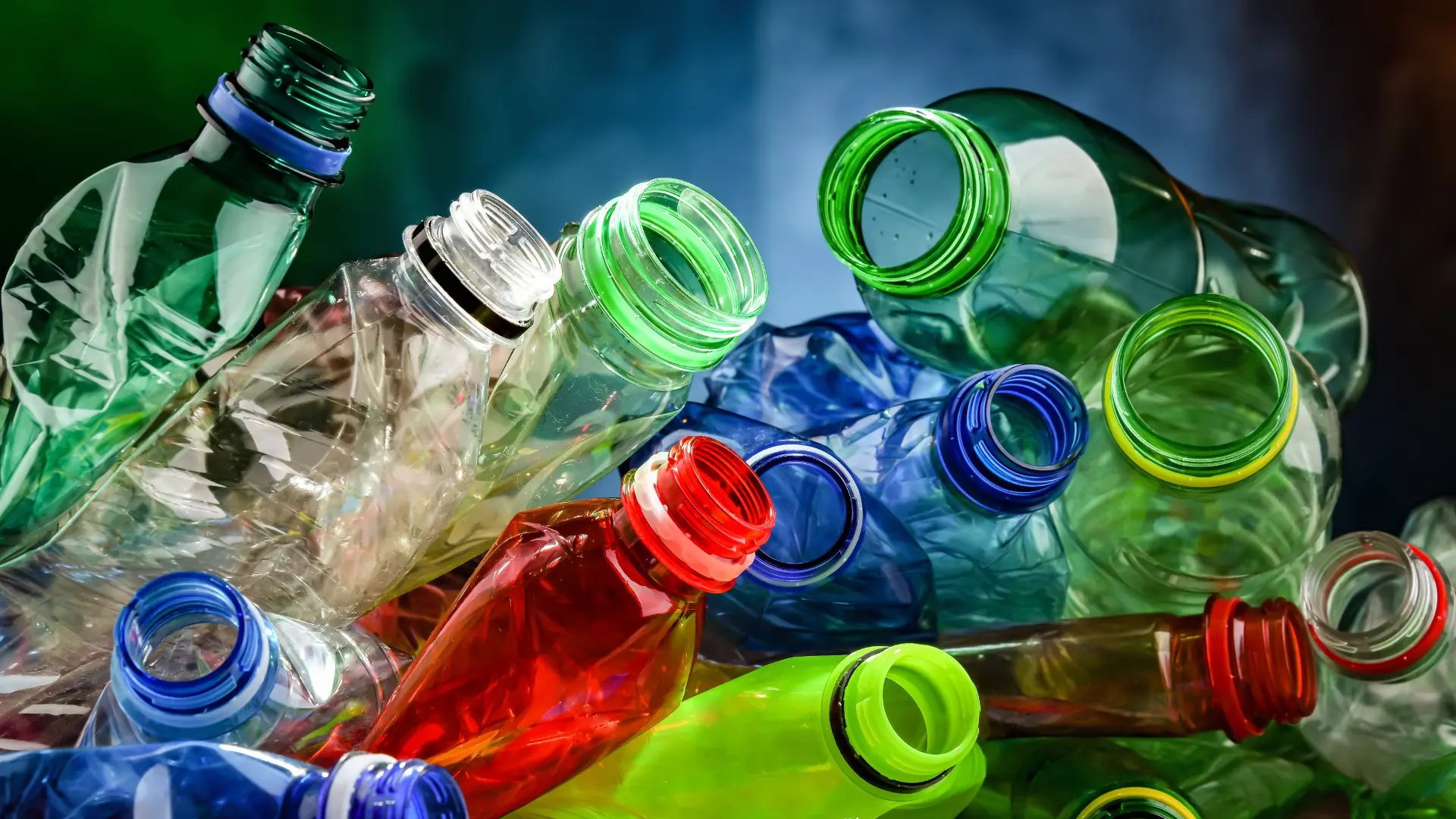
Exposure to BPA, also known as Bisphenol-A, is restricted in Australia but a recent study by University of Newcastle and HMRI researchers has found that even at exposure levels that are considered ‘safe’, there is strong evidence of significant female fertility risks.
Women’s Health researchers, Dr Jessie Sutherland and PhD candidate Alex Peters conducted this study.
Jessie says , “Our study shows that exposure to BPA (toxicants commonly found in plastics used in food packaging) poses significant risks to human egg health and female fertility.”
Alex also noted that BPA-free labelling can’t always be trusted, and BPA is just one of the harmful chemicals used in plastic production.
“There’s also Bisphenol S (BPS) and Bisphenol F (BPF) which are common alternatives to BPA and often found in products labelled ‘BPA-free’. There are no regulations around these but there’s enough evidence to show that these are bad too,” says Jessie.
BPA is used in food and drink packaging to strengthen plastic and increase shelf life.
They’re found in everything from the plastic epoxy resin lining inside of drink cans and food tins, to, polycarbonate plastic containers and drink bottles.
“We know that leaching happens when the plastics are heated, especially if the contents are high in acid or fat. The BPA transfers from the container to the food or drink,” says Alex.
Around 90 percent of BPA found in people’s blood and urine comes from food and drink. While BPAs pass through the body in 24 hours, high levels have been connected to lowered fertility.
Recent studies have found that children born to mothers with high levels of BPA in their urine during pregnancy are at higher risk of preterm birth, allergic diseases, and, if male, autism spectrum disorder diagnosis.
The long-term risks in adults also include obesity, heart disease, and kidney disease.
“This research shows a direct link between BPA exposure and lowered fertility. What we would like to see is for there to be better consumer education around the health risks of BPA and BPA alternatives and ultimately for these harmful chemicals to be completely phased out of use in food and drink packaging” says Jessie.
HMRI would like to acknowledge the Traditional Custodians of the land on which we work and live, the Awabakal and Worimi peoples, and pay our respects to Elders past and present. We recognise and respect their cultural heritage and beliefs and their continued connection to their land.

Hunter Medical Research Institute
We’re taking healthy further.
Locked Bag 1000
New Lambton
NSW, Australia, 2305



This site is protected by reCAPTCHA and the Google Privacy Policy and Terms of Service apply.
Copyright © 2024 Hunter Medical Research Institute | ABN: 27 081 436 919
Site by Marlin Communications
